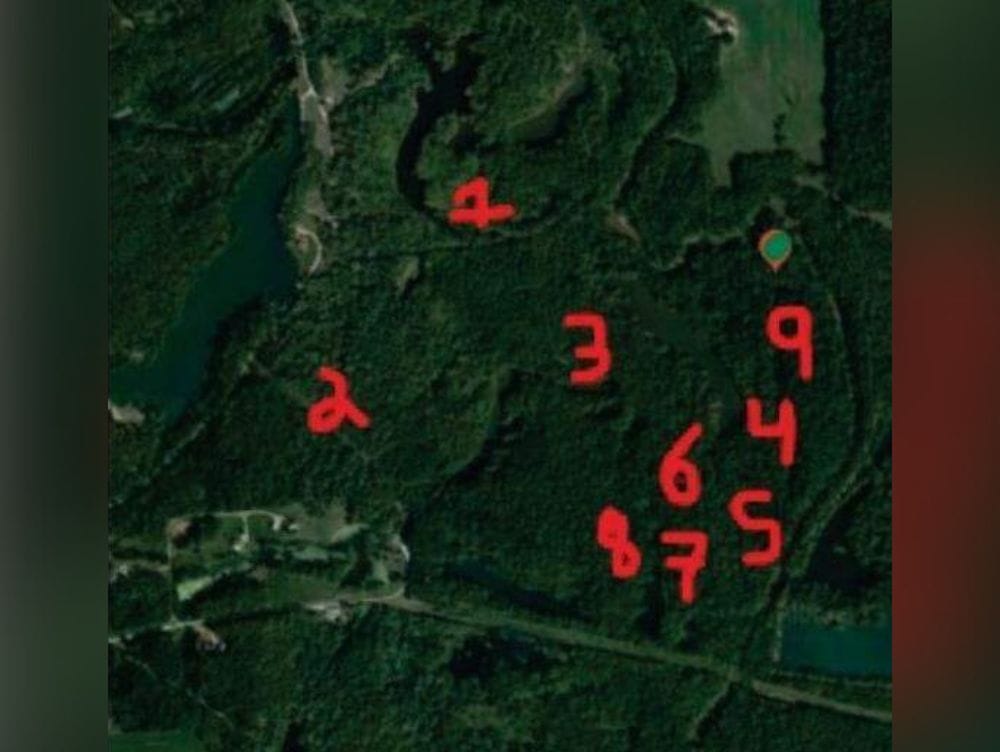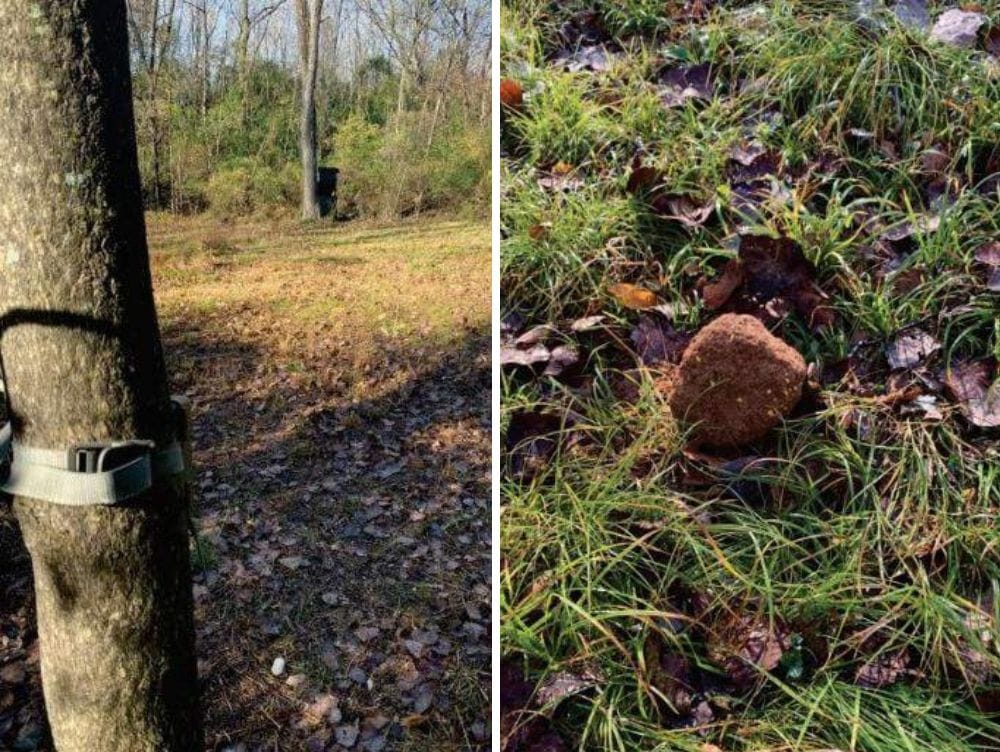
Former MLB pitcher Danny Cox and Freeburg Mayon Seth Speiser
It’s been three years since Illinois Conservation Police descended on two sprawling hunting properties in rural Freeburg, leaving a village mayor and a former St. Louis Cardinals World Series pitcher locked in a slow-motion legal standoff with over 29 hunting citations and 22 written warnings.
Freeburg Mayor Seth Speiser, 61, and Danny Cox, 66 — the flame-throwing reliever who helped the Cardinals reach the 1985 and 1987 Fall Classics — are among seven defendants who pleaded not guilty and demanded jury trials in St. Clair County Circuit Court. The cases have produced nothing but continuances ever since: more than a dozen in total, with the latest granted last week after State’s Attorney James Gomric reassigned the file to a new prosecutor.
“They’re still reviewing the case,” said John Baricevic, the former St. Clair County judge and state’s attorney now representing Cox, his two sons, and a Georgia guest. “At some point they’ll get back to us with some type of offer.”
Belleville attorney Greg Skinner, who represents Speiser, his son Mitchell, and another guest, echoed the wait-and-see stance. “The new prosecutor is going to look at the citations and then we’ll talk.”
The drama began on opening day of Illinois’ firearm deer season back in November of 2022. After a month-long investigation that included aerial surveillance by Illinois State Police, Conservation Police executed simultaneous searches on Cox’s 300-plus acres of timber and the adjacent 77-acre Speiser parcel off Illinois 15.

Marked locations of nine baited blinds or stands | Illinois Conservation Police
With the help of overhead surveillance and trail cameras, officers allegedly found nine baited blinds or stands laced with corn, molasses, and mineral salt blocks. In the state of Illinois, baiting is banned to preserve “fair-chase” ethics and curb disease transmission among congregated deer.
Police reports claim Cox admitted using his non-hunting wife Nancy’s firearm permit to take a doe in 2021 and his son Kamdan’s archery tag for a 5-point buck in October 2022. Kyle Cox, who does not live on the property, allegedly used free landowner permits reserved for residents. Guests were also believed to have harvested trophy bucks, which included a 10-point and an 8-point, over bait piles. Speiser and his party took three white-tailed deer with the aid of bait and failed to wear required blaze-orange safety gear.
Cox later told officers that he feeds deer year-round as a “conservationist” to combat overpopulation and ensure winter survival — a practice that is undoubtedly common in rural Illinois but a clear violation when used to lure animals during hunting season.
The 28 remaining citations are mostly Class B misdemeanors, each carrying up to $1,500 in fines and six months in jail. Collectively, the seven men face a maximum of $45,000 in penalties. Outside of the financial hit, hunters fear the IDNR point system far more than fines. When it comes to punishment via points, nine points are assigned per Class B conviction, with 13 points being the triggering mechanism for license revocation. In the case of the remaining defendants, coming away with just two convictions would equal an 18-month hunting ban.

Trail cam trap and illegally placed bait | Illinois Conservation Police
One defendant, a Georgia guest by the name of Barry Northenor, pleaded guilty in December 2022 to the minor offense of hunting without blaze orange and paid a fine. Everyone else involved in the case has held firm.
East Alton hunting attorney Ed Unsell, who is not directly involved in the case, calls most charges “technical infractions” that prosecutors often struggle to prove to a jury. Sharing a family doe permit or scattering corn for winter feed is winked at in much of rural Illinois, he says, especially when the goal is meat for the table.
“But using someone else’s tag on a trophy 10-point? That steps outside the culture,” Unsell acknowledged. He suspects the sheer volume of citations (29 in a single morning) reflects the defendants’ prominence. “They threw the book at them because one’s a mayor and one’s a baseball legend.”
No plea deals, no trials, and no new court filings have surfaced since initial appearances in December 2022, yet the State’s Attorney’s office confirmed the reassignment was routine.
“The cases were recently reassigned within the State’s Attorney’s Office based on recruitment and movement of attorneys between divisions,” Chris Allen, spokesman for the State’s Attorney's office said. “The matter was reset for the newly assigned attorney to familiarize himself with the investigation and case developments to date. Discussions will take place with defense counsel over the coming weeks for all parties to announce to the Court whether the matter is ready to be reset to the trial docket.”
For now, two of Freeburg’s most recognizable residents wait for a prosecutor’s call that could end a three-year legal limbo — or send them before a jury of their peers.

